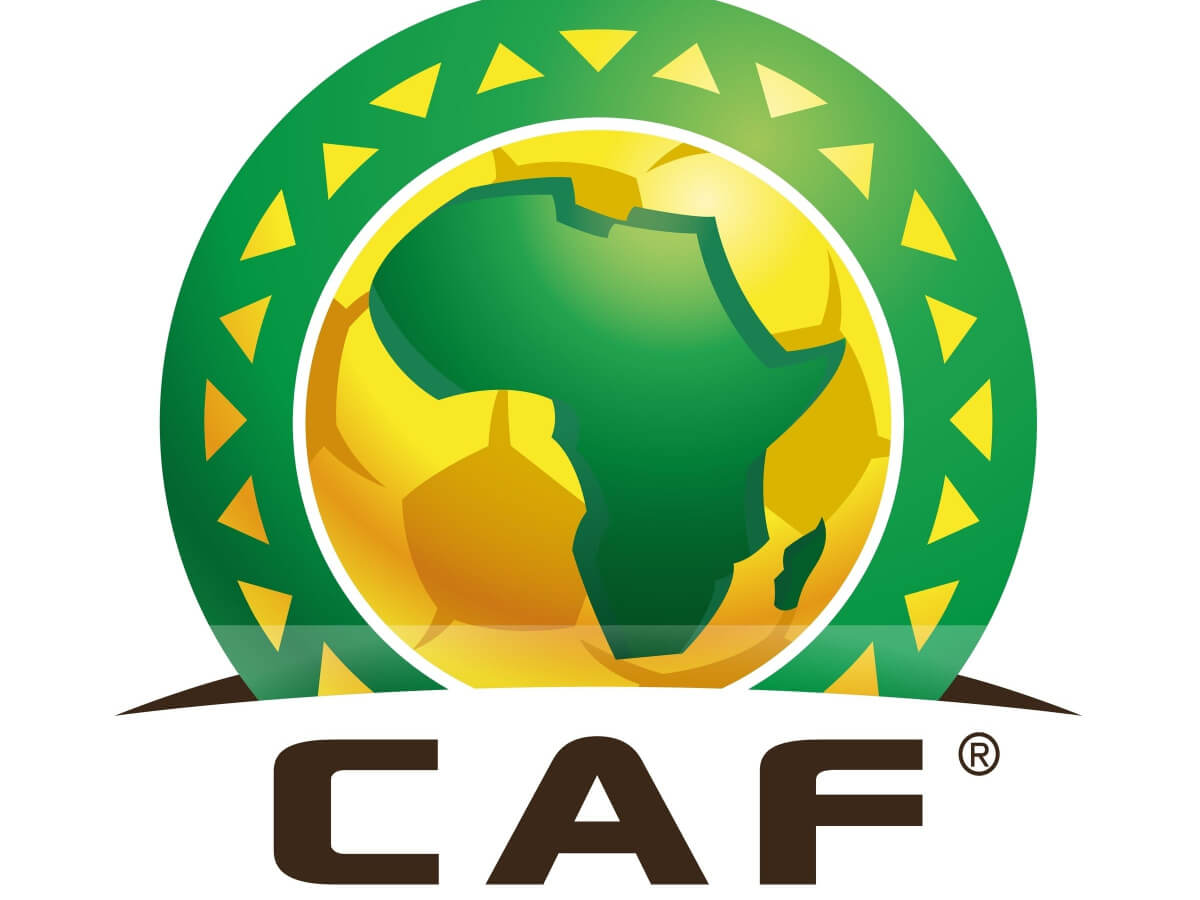The Women's Africa Cup of Nations (WAFCON) is set to expand from 12 to 16 teams starting from the 2026 edition, according to an announcement by the Confederation of African Football (CAF).
Nigeria, the reigning WAFCON champions, clinched their record-extending 10th title by defeating hosts Morocco 3-2 in the final of the delayed 2024 edition in July. The victory not only solidified Nigeria's status as a powerhouse in African women's football but also earned them a hefty $1m (£750,000) prize.
WAFCON has seen significant growth since its inception in 1998. Initially, the tournament started as an eight-team competition, a format that remained unchanged until the 2018 finals in Ghana. The 2020 edition was cancelled due to the Covid-19 pandemic, but the competition bounced back in 2022 with an expanded 12-team format.
The upcoming tournament in Morocco was initially set to feature 12 competing sides, with qualifying for the finals already reaching the second and final round.
However, the expansion to 16 teams will likely necessitate a third round of preliminaries, with 11 remaining nations vying for the four additional spots. CAF is expected to provide further details in due course. This would make the tournament more interesting for online bettors, as they have more opportunities available. These players can see better opportunities with Telegram casinos, which have been rising in popularity in the last few years. Learn more how they operate before trying them.
CAF's decision to expand Wafcon is part of a broader strategy to enhance women's football on the continent. This year's tournament in Morocco saw a 45% increase in the overall prize pot to $3.45m (£2.6m), reflecting CAF's commitment to invest in the sport.
CAF president, Patrice Motsepe, said:
"Part of my starting point is making sure [men and women] are paid well and they can make a career out of football. I can assure you women's football will continue to improve because that is an area we are focusing on a lot."
The expansion of WAFCON to 16 teams is a significant milestone for women's football in Africa. It not only provides more opportunities for teams to compete but also signals a strong commitment from CAF to invest in and develop the sport.
As the continent's footballing landscape continues to evolve, fans can look forward to more exciting and competitive matches in the years to come.












